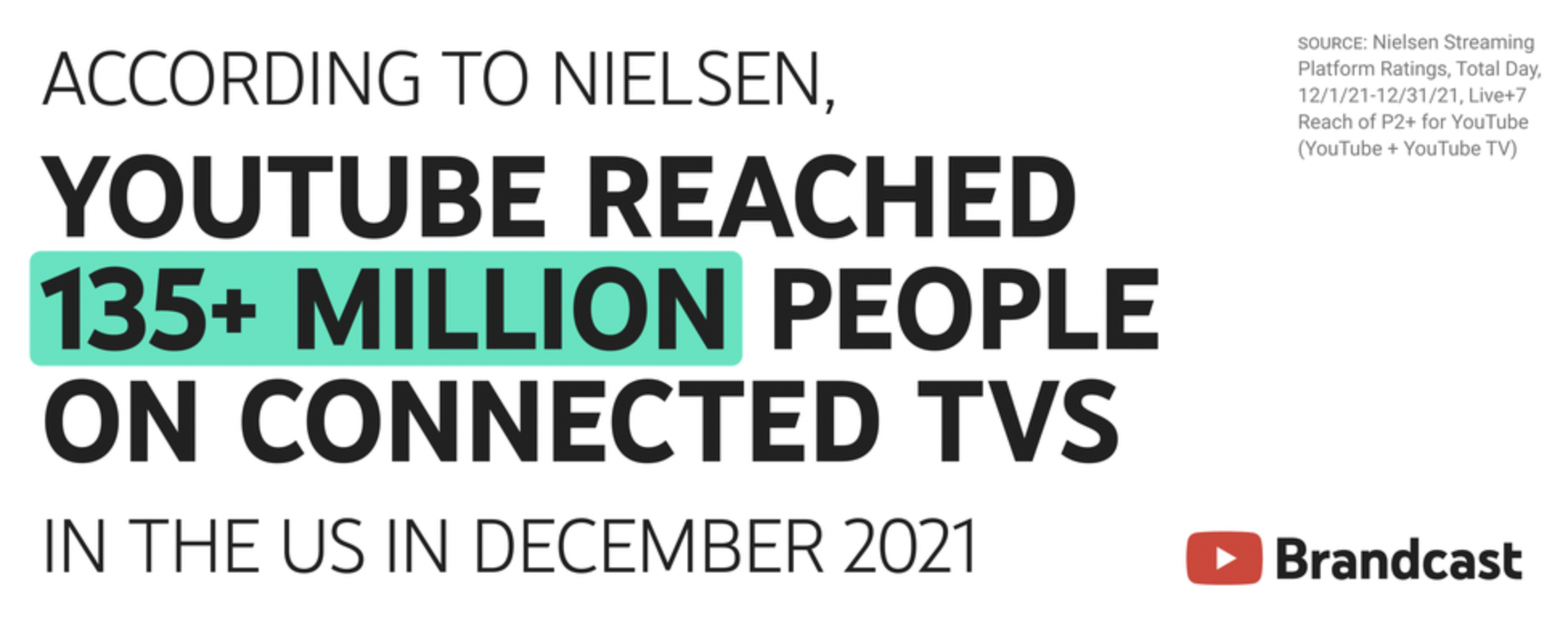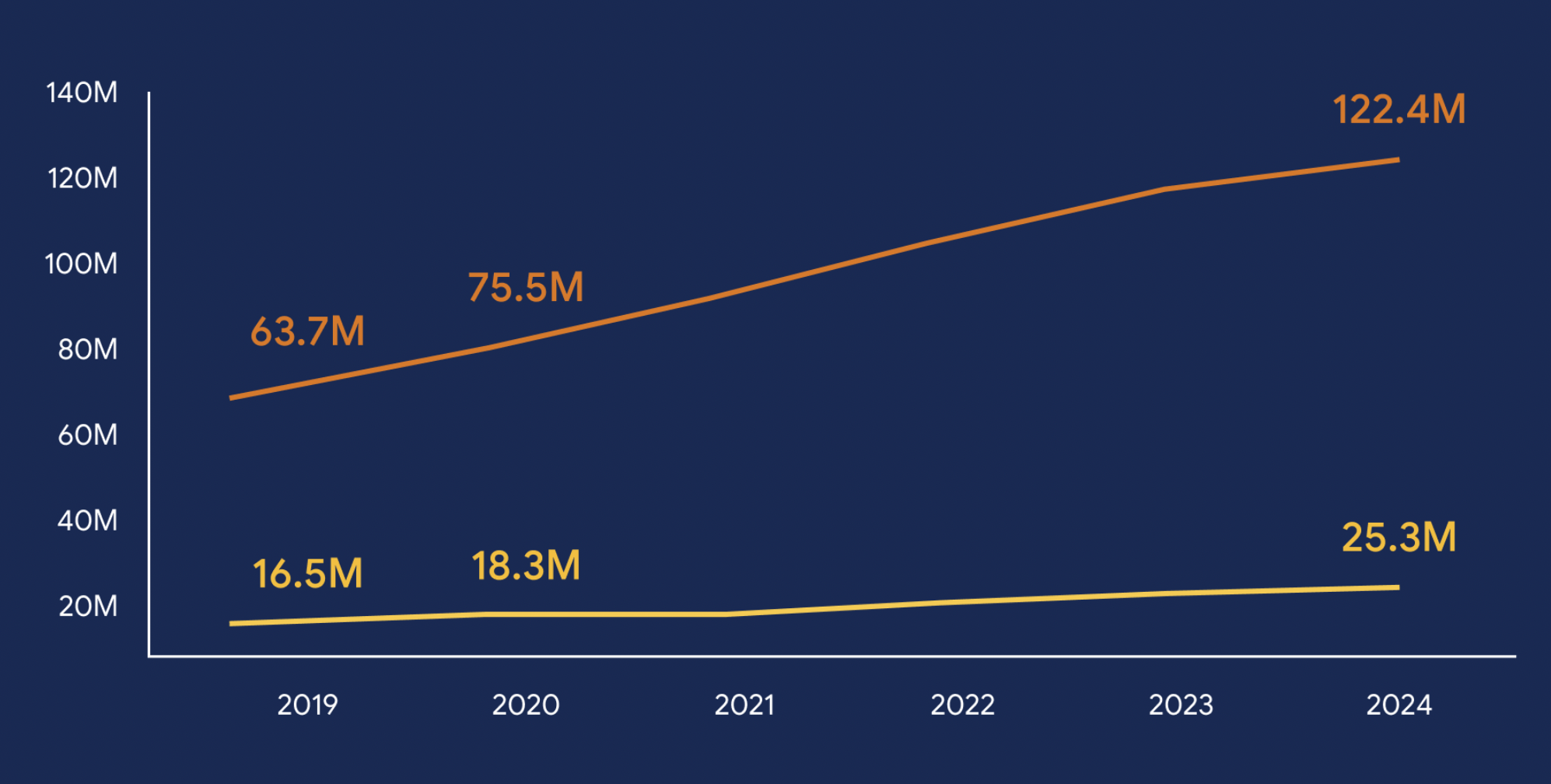Today marks the beginning of the European SME week, a time to recognize the contribution that millions of small and medium-sized businesses make to Europe’s economy, as well as an opportunity to explore how they can be supported to continue to grow and thrive.
This time of year is especially critical for small businesses. Shoppers really care about supporting their local communities, with 56% of holiday shoppers in Europe, the Middle East and Africa saying they will intentionally shop more at local small businesses this festive season.
Small businesses are the key to recovery from the pandemic, and our digital tools have helped them sustain their business through lockdowns and enable new jobs, growth and exports. That’s why we rapidly adapted products to improve support and provided training to help them make the most of digital technology. Supporting small businesses is a group effort, though — and the right skills and tools need to be underpinned by the right policies.
Providing helpful tools to connect with customers
The past year and a half has underlined the importance of technology in all parts of life — and small businesses are no exception. Research has found that small businesses in Europe with a sophisticated use of digital tools were able to build a ‘digital safety net’ during the pandemic, resulting in 80% better sales and 60% better revenue.
One example of this is the German company, das schöne leben. Opened in 2016, the store specializes in exceptional food and designer products for everyday living. When the pandemic hit, the founders of the store started advertising online alongside their in-store sales, and set up a Business Profile on Google Search and Maps to help existing and potential customers find them. Das schöne leben now has customers of all ages throughout Germany and has tripled their direct online orders with their first in-house search campaign.

Manon Weßels, owner of das schöne leben
Particularly for smaller businesses, Google Ads is the key for visibility and findability online. We would never have reached so many suitable new customers without the advertisements.
The example of das schöne leben and countless others show that online ads help businesses of all sizes find audiences they otherwise may lack access to, help them enter new markets and help build brand awareness.
At Google, we continue to innovate and invest in making all our products and tools more helpful — launching more than 200 features since March 2020 to help businesses connect with their customers in this shifting landscape.
We’re also making it even easier for small businesses to manage their presence and connect with customers online. Businesses in Europe can now easily claim and verify their Business Profile directly on Google Search or the Google Maps app, and respond to messages directly from Search. Having more complete information online can have a huge impact for businesses: in Germany, for example, complete Business Profiles receive an average of over five times more calls compared to an incomplete profile. Moving forward, we recommend small businesses manage their profiles directly on Search or Maps. To keep things simple, “Google My Business” is being renamed “Google Business Profile.”
Ensuring that SMBs have the skills to get ahead
We know that providing the right tools is only helpful if businesses are able to use them. To make the most of the digital opportunities available to them, business owners need the right skills. Research has found that 22% of small business owners feel they lack the skills and knowledge to increase their use of digital tools.
Today, we are delighted to kick off our first-ever ‘Google.org Skills Week’ to help support select nonprofits mentoring thousands of underserved small business owners in Europe through scaled tech solutions. As a recent study highlights, medium, small and micro-enterprises — especially those led by women, young people, ethnic minorities, and migrants — were significantly impacted by COVID-19 with 70-80% facing major financial difficulties.
During this week, Google volunteers and product experts will share their skills and best practices through workshops, design sprints and 1:1 mentorship, to help educate select nonprofits that provide mentorship to underserved SMB owners. This week of training touches on many different skills including product management, design, marketing and AdGrants, Artificial Intelligence, YouTube, impact measurement, and aims to better equip the nonprofits to help small businesses improve their online presence.
We have seen how powerful these skills can be in helping to grow and scale businesses across Europe.
For Andrea Li Puma, the owner of the food truck Pastammore based in Bucharest, access to digital skills was essential to reach new customers and grow his business. The pandemic meant that Andrea had to take his food business online and pivot to deliver Pastammore’s homemade pasta directly to consumers at home. With support from Google.org-funded nonprofit Digital Nation, Andrea was able to develop an online marketing strategy, optimize his website, and launch new advertising campaigns that helped Pastammore survive through the tough period and even grow with sales increase by 15%.

Andrea Li Puma, owner of food truck Pastammore in Bucharest
Since 2015, over 18 million people across Europe, the Middle East and Africa have participated in our Grow with Google training, resulting in more than four million people getting a new job, growing their career or growing their business*.
To make sure our programs best help tackle the barriers to digital success, we developed partnerships with training experts, public agencies and policy makers. For example, in France we collaborate with FFAC — French Association of Local Stores — in supporting 30,000 local shop owners everywhere in France in their digital transition.
A more inclusive economic recovery
The pandemic has been disruptive and small businesses have been at the sharp end of this change. While challenging, this past year and a half has also underlined how resilient small businesses can thrive through partnership, openness and innovation. Europe has a great opportunity to build a digital, inclusive, and sustainable recovery that works for everyone. We are excited to play our part in this.
*Analysis by Google based on internal data and a survey by Ipsos from Sep 2016 to Sep 2021 amongst EMEA residents trained via Digital Workshop.




